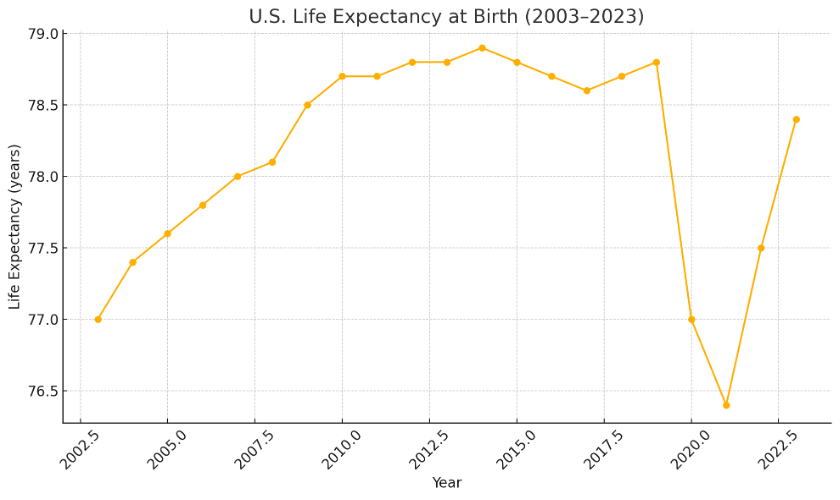Humans Finally Have the Technology to Edit our Genome
- Full Scope
- Dec 30, 2020
- 4 min read
Scientists, ethicists, philosophers, and students have been talking about human gene editing since we discovered DNA. Should we do it? When is it ok? How far is too far? For a long time, this was all talk. We lacked the technology to actually perform such feats. In the last 5 years this has all changed.
Since 1987 humans have been investigating gene segments in bacteria called CRISPRs. In the following years we learned that CRISPR segments could be attached to DNA cutting, CAS proteins (e.g. CAS9). These CRISPR-CAS complexes were capable of cutting DNA at specific places. By modifying the genetic sequence in the CRISPR portion, we could target specific places in any genome. This targeted ability to cut genes at exact locations anywhere in any genome, was unprecedented.
CRISPR-CAS systems have given humans the ability to edit genes like never before. But, with this great power comes a lot of responsibility.
In 2018 a Chinese scientist, He Jiankui, Ph.D., edited the genome of twin girls using CRISPR-CAS9. He removed a segment of DNA which allows the devastating human virus HIV, to integrate into the DNA of humans. This scientist was working with HIV infected parents undergoing in-vitro fertilization.
The global scientific community was essentially unaware of He’s research. When He Jiankui announced what he had done, the world soon became outraged. The Chinese government fined him and put him in prison for 3 years. The scientific community criticized him harshly. Even the World Health Organization called for all human genome editing to stop and for anyone studying such things to join a registry.
At the end of the day, He Jiankui is certainly a bold pioneer who has ushered in a new age. He’s story reminds me of Edward Jenner, inoculating an 8-year-old boy with cowpox in 1796. Now, Jenner is of course a legend and the creator of the first vaccine. Quite frankly, someone was going to do it. Interestingly, I think some of the outrage stems from jealously. He rolled the dice. But the kids are healthy and HIV free to my knowledge.
Pandoras box is now open. The world has said that modifying human genomes is not ok. But, what about all of the debilitating genetic diseases in our population?
Now, all those conversations we have had in ethics about human gene editing are knocking on our front door. It isn’t just theory now, it’s real life!
Most scientists appropriately draw a distinction between modifying somatic genes versus germ line genes. Modifying a somatic gene changes the DNA of one person. Modifying a germ line will change the genes of every person born from that person for every subsequent generation. At the end of the day, we just do not know enough to be modifying the germ line in 2020. The potential negative repercussions are too great.
But, given the prevalence of devastating human genetic diseases, I believe we should be green lighting somatic gene mutation. The world should develop a list of severe genetic diseases, and restrict human gene editing to the amelioration of these conditions. But, people better know what they are doing and should be held accountable if they screw up. Like I said, He pulled it off. Whether he is a mad scientist or not, He accomplished what will be viewed as a milestone in human technological advancement.
The real problem with gene editing outside of severe genetic diseases is simple. Most genes are neither good nor bad. Genes are simply adapted to an environment. So, in one environment they may be good and in another they may be bad. As such, determining if gene modification is good outside of severe genetic disease will always have infinite shades of grey. Even genetic diseases can have a silver lining. The classic example is the protection afforded from malaria when one is a carrier of the sickle cell gene.
Many fear that human gene editing will push us toward a world of eugenics. In such a world, people would select genes which they view as favorable like being smart or athletic. Many believe that only the wealthy would have access to this kind of therapy. This practice could undermine human genetic diversity and potentially widen the gap between rich and poor. As I have said in past blogs, genetic diversity is highly protective for a species and should be sought after. Human gene editing that moves us toward a more homogeneous population must be avoided at all costs.
In the near future, I believe we will be modifying our children’s genome regularly. People will think it is crazy to leave things like severe genetic diseases to chance in 100 years from now.
But when we start trying to pursue desirable complex traits like intelligence, I suspect we will make mistakes. For instance, modifying a few genes may regularly improve intelligence. But these modifications may also lead to other unforeseen problems, like susceptibility to infection for instance. As with most new technologies, I expect we will learn the hard way!
Whatever your thoughts about human gene editing, we have now entered an age where such things are possible. He Jiankui will not be the last scientist to edit the genome of a now living humans, whether it is legal or not.
The future should be interesting…..stay positive and informed!
Thanks for reading,
Bill Brandenburg, MD







Comments